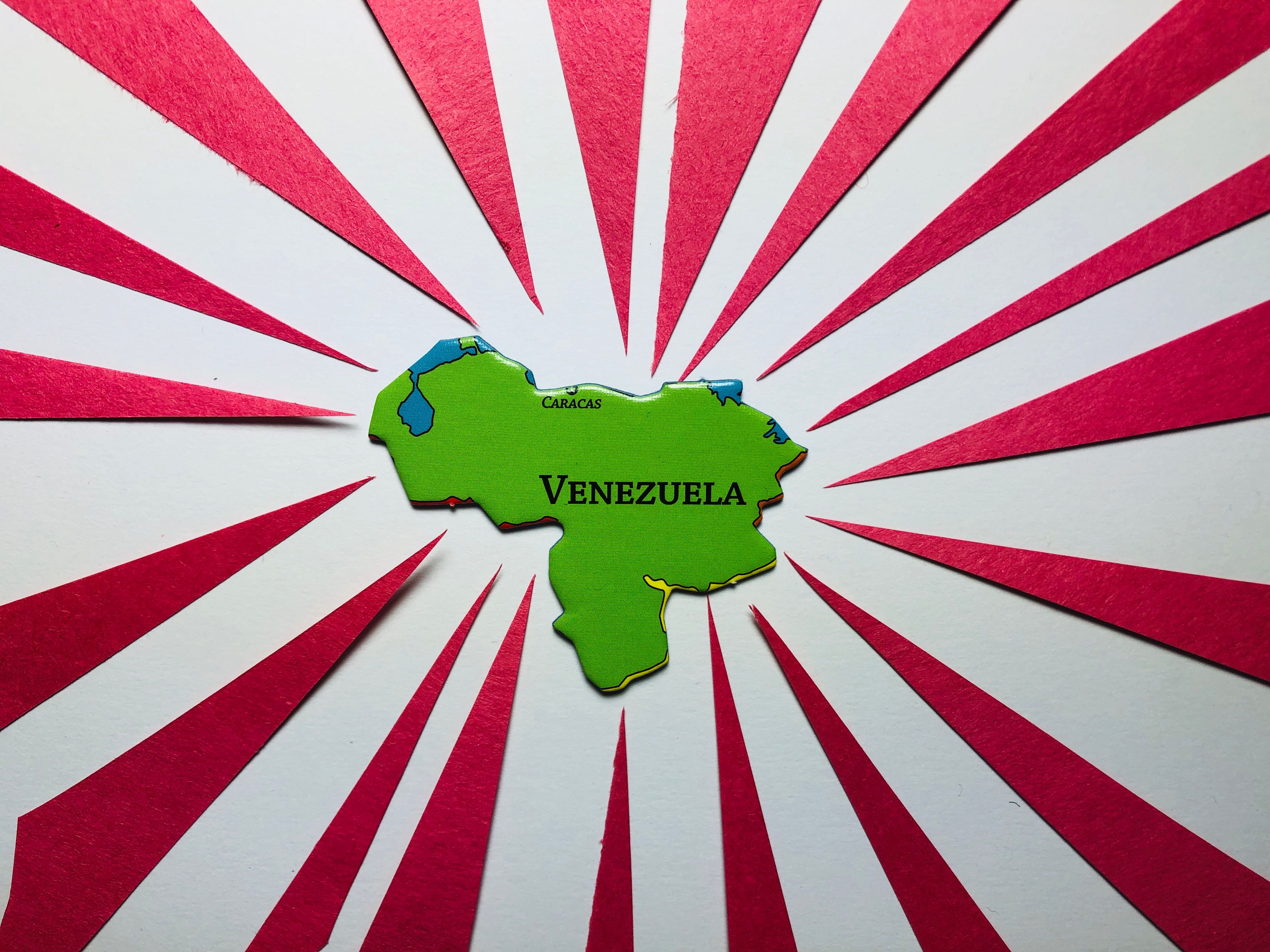The internal drama of Venezuela's politics is frothy enough – two men claim to be president but neither is able to dislodge the other even as the country suffers the worst peacetime economic crisis in modern history.
But there are also a number of outside players with a keen interest in what happens to a government that controls the world's largest known oil reserves. Just yesterday, the US and Russia traded sharp words again over each other's involvement in the country.
Russia backs embattled strongman Nicolás Maduro, while the US supports opposition leader Juan Guaidó, whom Washington and dozens of other democracies recognize as interim president.
Here's a rundown of the major external players in the Venezuelan crisis, who may ultimately determine the outcome of what happens there.
Russia: Moscow has billions of dollars in loans and energy deals in Venezuela that the Kremlin wants to protect or to use as leverage with a post-Maduro government. But mainly, Russia objects in principle to American-backed regime change anywhere in the world and sees another easy chance in Venezuela — as in Syria — to complicate life for the US in a place where Washington is ambivalent about how deeply to get involved. Russia has even sent troops to Venezuela. In the end, Moscow doesn't necessarily need Maduro as such – but the Kremlin will insist on a decisive say in whatever happens next.
Cuba: Havana supports Caracas for ideological reasons, sure, but also for practical ones: free shipments of Venezuelan oil remain an important lifeline for the Cuban economy. In exchange, Cuba has for years sent doctors, teachers and — crucially — intelligence agents to support its socialist soulmates in Caracas. If Maduro falls, the flow of oil could stop, putting the island's beleaguered, state-run economy in jeopardy.
United States: Old-school cold warriors like National Security Adviser John Bolton see a chance to take down a major socialist power and to pressure perennial foes Cuba and Nicaragua, which depend on Venezuelan oil to survive. But there's also a domestic political angle: Trump wants to secure the votes of conservative Cuban and Venezuelan voters in Florida, a key swing state, in the 2020 US presidential election. Being tough on Maduro is one part of that while bashing Democrats' plans to expand the social safety net as "Venezuela-style socialism" is the other.
China: A decade ago, Venezuela was the largest Latin American recipient of Chinese financing and investment, but Beijing has cut back on that in recent years as Maduro's policies wrecked the economy and cratered the production of oil — the main collateral for Chinese loans. Beijing still backs Maduro against what it sees as an illegitimate, US-backed effort to unseat him. But China has also reportedly put out feelers to Guaidó's camp as well, and he's directly called on China for its support. China wants to make sure it can get its loans paid back, and is willing to do business pragmatically with whoever runs Venezuela next.